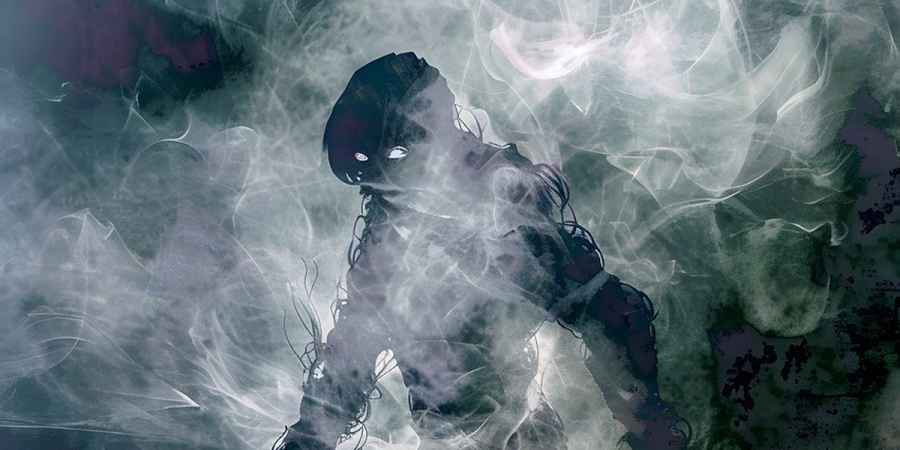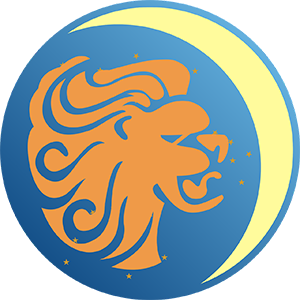Why Ghost Hunters Talk About 'Entities' So Much

Photo: © Vilius Kukanauskas
The term "entity" refers to any form of spirit or presence believed to exist beyond the visible and physical world. In recent years, many paranormal investigators have opted to use this trendier, catch-all term instead of more traditional ones like "ghost." The term encompasses ghosts, apparitions, demons, and even less-defined forms of spiritual energy.
"Entity" is often preferred among investigators because it provides a broad label for various types of supernatural presences without the need for specific identification or assumptions about the nature of the presence. After all, it can be difficult to confidently identify an unseen supernatural being. The phenomena observed might be vague or not clearly attributable to a specific type of spirit or ghost. Using "entity" allows for describing the experience without making definitive statements about its nature.
For example, the spirits of deceased humans—ghosts—are said to be able to show they are present by moving objects, but this is also a characteristic of poltergeists. Similarly, poltergeists are said to cause foul odours, but this is a trait that is also attributed to demons. Using a general term like "entity" allows for flexibility in discussing and studying such phenomena without being confined to a particular category.
The word "entity" might also be favoured because it doesn't carry the same cultural and emotional connotations as terms like "ghost," "demon," or "spirit." It is a more neutral descriptor that can be used without relying on specific religious or cultural beliefs, which makes it suitable for a wide audience, including those who may be skeptical of more traditional explanations. "Entity" serves as an inclusive term that accommodates various interpretations, from spiritual and religious perspectives to more secular or metaphysical explanations.
In paranormal research, like in any industry, hobby, or field of research, the use of specific terms or jargon such as "entity" might be an attempt by those within the field to sound more knowledgeable or authoritative. This is similar to how some psychic mediums prefer the term "spirit" in the singular rather than "spirits." For example, they might say, "I speak to spirit," when they actually mean they speak to multiple spirits and should be saying, "I speak to spirits."
Using authoritative language might be especially true for those attempting to study paranormal phenomena from a more scientific perspective, where "entity" might provide a non-committal term that doesn't assume an understanding or acceptance of the nature of the phenomena. However, using too much jargon can alienate newcomers. It can make the field seem inaccessible to those not familiar with its terminology, leading to confusion or even skepticism among those who might view these terms as unnecessarily complicated or pretentious.
The nature of entities and what they truly represent remains a topic of debate. Skeptics question the existence of entities, attributing experiences to psychological factors, environmental influences, or misinterpretations of natural phenomena. Believers, however, categorize entities based on their characteristics, origins, and how they are perceived by humans.
Perhaps the most well-known type of entity, ghosts are believed to be the spirits of deceased individuals who have not moved on to the afterlife. The term "spirits" is used interchangeably with ghosts, but it can also refer to supernatural beings that have never lived a human life, such as nature spirits or elemental beings. A visual manifestation of a ghost or spirit is an "apparition," another type of entity that paranormal investigators might encounter. "Shadow people" might also be referred to as entities. These are dark, shadow-like figures that are usually observed peripherally.
Another well-known type of entity is the classic poltergeist, from the German word meaning "noisy ghost." Poltergeists are known for causing physical disturbances such as loud noises, moving objects, and even throwing items. A poltergeist's mischievous and menacing behaviour makes them similar to another type of entity, a demon. Demons are malevolent entities that many believe to originate from hell or some other demonic realm.
Each type of entity is associated with specific behaviours or manifestations, and paranormal investigators often use these characteristics to determine the nature of the haunting or presence. However, generally, simply using the term "entity" is easier.
More Essential Parapsychology View All
Related Content
Daily Horoscopes
You May Also Like
























